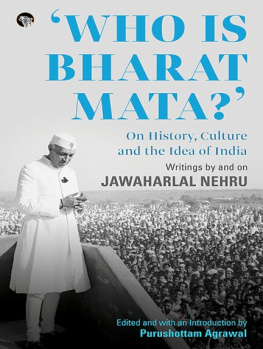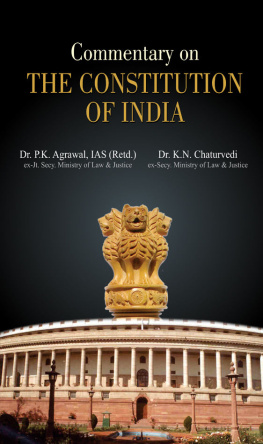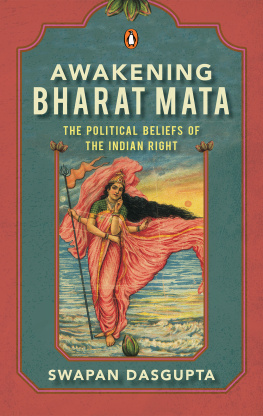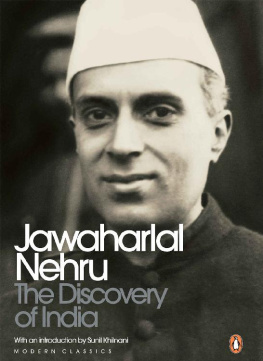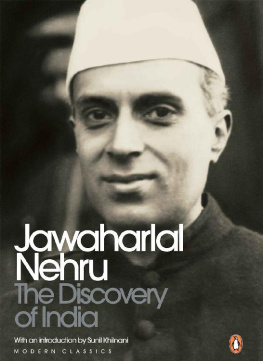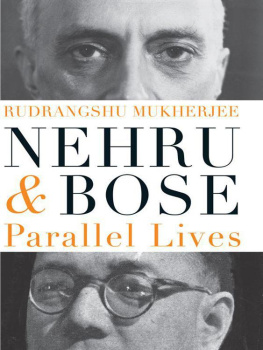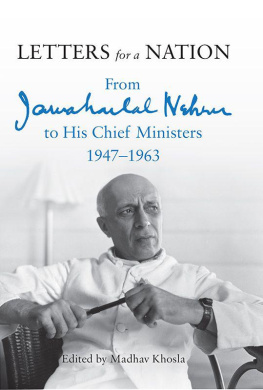Born in 1955, Purushottam Agrawal served as member, Union Public Service Commission of India from 2007 to 2013. Before this, he was Chairperson, Centre of Indian Languages, Jawaharlal Nehru University, New Delhi. He has also been Visiting Professor at the Faculty of Oriental Studies, Cambridge University (UK) and at El Colegio de Mexico. His book Akath Kahani Prem Ki: Kabir Ki Kavita Aur Unka Samay (2009) has been widely acclaimed as a path-breaking study of Kabir and his work. His other books include Hindi Serai: Astrakhan via Yerevan (2013), a travelogue which traces the history of Indian traders who settled in the Russian city of Astrakhan between the sixteenth and eighteenth centuries; and Padmavat: An Epic Love Story (2018), an English translation of and commentary on Malik Muhammad Jayasis epic poem. In 2016
he published his first novel, NACOHUS , which constructs a Kafkaesque fantasy around the politics of hurt sentiments. Its English and Marathi translations will be published in late 2019.
A well-known panelist on TV debates, Agrawal hosted a unique show on books called Kitab on Rajya Sabha TV. He has also delivered several talks across the country. One of the most celebrated of these, also published as a monograph, was his Gandhi Peace Foundation lecture Majbooti ka naam Mahatma Gandhi (2005), which throws new light on the issues of violence and power.
Contents
Introduction
BOOK I
NEHRU ON I NDIA AND THE W ORLD
The Idea and the Making of India
Understanding India
The Search for India
The Indian Philosophical Approach
India Old and New
The Culture of the Masses
Ends and Means
Indian History and Icons
Ashoka, the Beloved of the Gods
The Influence of Indian Art Abroad Mathematics in Ancient India
South India Colonizes
Akbar
Ranjit Singh and Jai Singh
Vivekananda, Tagore and Gandhi
Making a New India
Address to the Prayag Mahila Vidyapitha Hindu and Muslim Communalism
Reality and Myth
Paradoxes
The Importance of the National Idea; Changes Necessary in India On Hyderabad and Kashmir: Forging a Nation Radio Address to the Nation Ahead of the 1951 General Election The Tribal Folk
The Dignity of Labour
The Middle Way
Defining Foreign Policy
Freedom and Licence
Children of the World
Interview with the Prime Minister
The National Movement
Inquilab Zindabad
How Britain Ruled India
The Dual Policy of the British Government The Record of British Rule
Contradictions of British Rule in India: Ram Mohan Roy, The Press, Sir William Jones, English Education in Bengal Experience of Lathi Charges
In Bareilly and Dehradun Gaols Communalism and Reaction
Struggle
The Karachi Resolution: 1931
Earthquake
A Visit to Gandhi Ji
The Last Phase: Nationalism Versus Imperialism, Helplessness of the Middle Classes, Gandhi Comes
Religion and Spirituality
Coconada and M. Mohamad Ali
What Is Religion?
What Is Hinduism?
The Acceptance and the Negation of Life Orthodox of All Religions Unite!
Religion, Philosophy and Science
On Religion
Jesus and Christianity
The Upanishads
Buddhas Teaching
Culture, Literature and Science
What Is Culture?
Foreword to Rajatarangini
The Epics: History, Tradition and Myth The Mahabharata
Literature in Hindi and in Other Languages Time in Prison: The Urge to Action
Supporting Writers and Poets
The Spirit of Science
BOOK II
ON N EHRU
Nehru on Nehru
We Want No Caesars
India and the World on Nehru
Jawahar Will be My Successor
Mahatma Gandhi
New Leaders and Their Different Ideologies Bhagat Singh
Maulana Azad on Nehru
Maulana Abul Kalam Azad
Leader of Our Legions
Vallabhbhai Patel
My Discovery of Jawaharlal
Aruna Asaf Ali
Nehru and Indian Science
Baldev Singh
Nehru, Press and Parliament
Nikhil Chakravartty
The Nehru Legacy in Planning
Sukhamoy Chakravarty
Growing Up in the Nehru Era
Kartar Singh Duggal
Some Early Memories
Ali Sardar Jafri
Mahatma ji and Pundit Ji are Great Souls of Our Times
Bhagwadacharya
Nehru and the Making of the Constitution Subhash C. Kashyap
Nehru and the Tribals B.K. Roy Burman
Nehru as Seen by an Economist
Jan Tinbergen
Poet, Thinker and Man of Action
Sheikh Mohammad Abdullah
The Will to Peace
Martin Luther King, Jr
Ever Human
Anu Bandyopadhyaya
Remembering Nehru
Amritlal Nagar
The Genius of Nehru
John Grigg
Dinkar on Nehru
Ramdhari Singh Dinkar
Man and Symbol, A Fragmentary Appreciation Norman Cousins
Memories of the Making of Gandhi
Richard Attenborough
First of the Afro-Asians
Lee Kuan Yew
A.B. Vajpayees Tribute to Nehru
Atal Bihari Vajpayee
Select Bibliography
Editors Note and Acknowledgements
Introduction
Discarding Extremes in Favour of the Enlightened Middle Way
I write this introduction in May 2019, just days after the Narendra Modi-led Bharatiya Janata Party (BJP) was voted back to power with an impressive majority. Jawaharlal Nehru, the countrys first prime minister, passed away exactly fifty-five years ago. But if you were a dispassionate observer from another world covering the recently concluded elections, you would likely have come to the conclusion that Nehru was leading the opposition. He continues to be so alive to his detractors that he
his persona, his legacy, his worldviewwas attacked day in and day out during the political campaign, and even more assiduously in apolitical propaganda spread by every means of communication. Now that the most tireless and vocal of these detractors have emerged victorious in the national elections, you would expect the propaganda, abuse and hatred to recede. But it will not. Indeed, it cannot, for as long as any trace of Nehrus legacy remains, the victors will continue to feel defeated.
The renewed mandate for Narendra Modi, with an increased vote share despite indifferent performance, cannot be made light of by saying that he has not won the battle of ideas. That would be ignorance at best, delusion at worsteither way, it would be missing the thick woods for the trees. Narendra Modi, ubiquitous and larger-than-life today, is only a part of a far larger machine. The fact is, many commentators had failed to comprehend the real significance of the 2014 election result. It was not a mere regime change, it wasas PM Modi himself put it back then
the culmination of five generations of sustained work by the Rashtriya Swaymasevak Sangh (RSS). Since then, all government institutions and a pliant media have been enlisted to carry on the sustained workthrough institutional subversion, silencing or shouting down of dissent and an ideological blitzkrieg through electronic and social media, of which the demonization of Nehru is a crucial component. The 2014 election verdict, which gave the BJP a full majority on its own, was an important stage in the journey towards the Hinduization of all politics, to quote the
father of Hindutva, Vinayak Damodar Savarkar. For Savarkar,
Hindutva is not identical with that vague, more limited, sectarian term Hinduism. What Savarkar desired and what the RSS
and the entire Sangh-parivar has been attempting for five generations is not to make people more religious or more nationalistic, but to make them Hindu nationalists . Their true cause has been neither Hinduism nor nationalism, but Hindutvaand their aim is to use the state apparatus to consolidate the Hindutva idea of India, which is necessarily opposed to a democratic Indian nationalism. This is where Nehru becomes a problem: his idea of Bharat Mata is a powerful challenge to the idea of Bharat Mata that the Sangh-parivar has used to try and claim India for itself, and itself alone.
Next page
